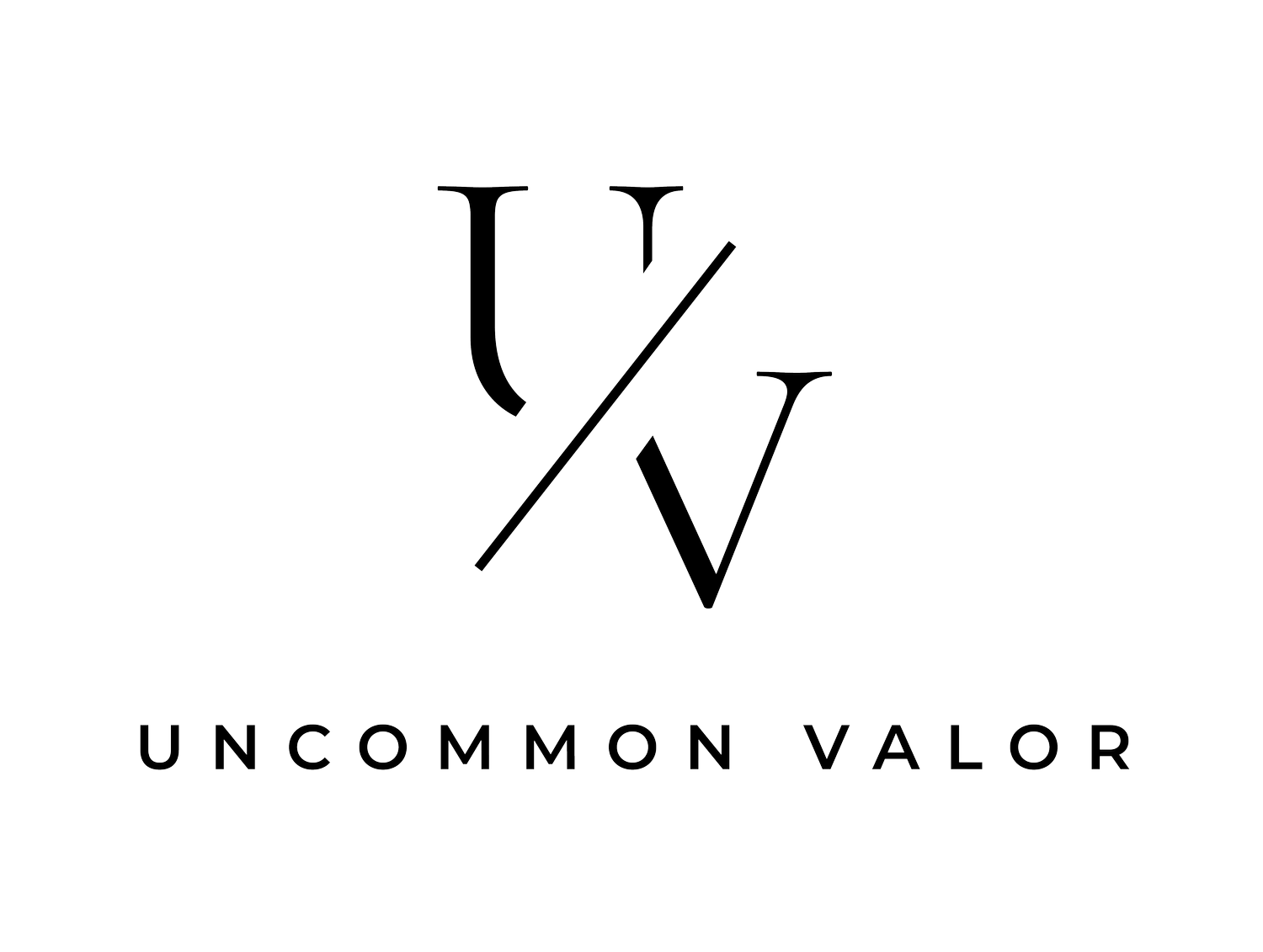From Natural to Supernatural: Navigating the Limitations of Self-Care in Pursuit of Wholeness
During the 2020 lockdowns, I hit the lowest point of my trauma recovery journey. But not for the reasons you’d think.
Isolated and shut-in with my three children, I began grappling with intense panic attacks. While those early months of the pandemic were certainly disorienting, the panic I felt was deeply connected to my growing awareness of the childhood and adolescent trauma I’d suffered. The isolation of lockdown was intensely triggering, and all the performing/achieving/socializing methods I’d used previously to cope with (read: escape) my anxiety were now gone. I did what I knew to do to manage it, but despite being in counseling and routinely leaning into self-care practices, I found myself in a pit of despair, unable to piece together the puzzle of my life.
A puzzle– that’s what it feels like, right? A disconnected and fragmented mess. And maybe you’ve been in the same spot– you’ve done a lot of work but now you’ve hit a wall. You know the roots of your suffering and you have tried a variety of methods to promote healing. And while this is all good, sometimes it feels like all you’ve done is laid out a jumbled mess of your life’s puzzle pieces, uncertain of how (or if) they can ever become a cohesive picture in the end.
Self-Care is a Start (But It’s Not Enough)
Self-care is a great (and necessary) starting point. This is especially true if you’ve been in an environment where the care of your needs has been overlooked and neglected. That being said, psychology and self-care are not sufficient for transcending the trauma of the past, for transformation.
To explain what I mean, it's essential that we first recognize that humans are both natural and supernatural (spiritual) beings, created in the image of God. In 1 Corinthians 15:45-49, Paul describes this dual nature of our life on this earth:
“The first man Adam became a living being”; the last Adam became a life-giving spirit. But it is not the spiritual that is first but the natural, and then the spiritual. The first man was from the earth, a man of dust; the second man is from heaven. As was the man of dust, so also are those who are of the dust, and as is the man of heaven, so also are those who are of heaven. Just as we have borne the image of the man of dust, we shall also bear the image of the man of heaven” (ESV).
We are born a natural being, as Adam was – naturally alive but spiritually dead (Ephesians 2:5). In Christ, the second Adam, we are reborn supernaturally– spiritually alive by His Spirit. As we journey into eternity, we are becoming more and more a spiritual being (from glory to glory), yet we more often than not focus primarily on natural ways to address the natural side of ourselves. This is where I believe we get stuck, when we tend to the natural aspects of ourselves, but neglect the supernatural aspects of healing and growth..
For wholeness and transformation, we need both. What’s often missing is something I like to call “spiritual care.”
What is Spiritual Care?
At the outset, I know spiritual care sounds like someone telling you to just go home and pray more. This has happened to me, and if it has happened to you, I’m sorry. Prayer IS a part of spiritual care, but it’s not a bandage we slap on soul wounds and ignore root problems. Like our self-care routines, spiritual care habits are part of a lifestyle of wholeness.
Very basically, spiritual care is the supernatural counterpart to self-care. Self-care addresses the natural part of the self, what the New Testament Greek calls the “psyche” (also translated as being or soul). The root “psyche” is found in the word “psychology,” which is the study of what can be observed and tested about this natural psyche.
That being said, we can see from Paul’s writings that this pysche is in the process of undergoing a spiritual upgrade, and we need something more than natural wisdom (which God can absolutely use) to help us along in that process. This supernatural transformation requires revelation from God through the Holy Spirit for true understanding and deep, lasting change.
Unfortunately, accessing good spiritual care has many challenges. Barriers to receiving good spiritual care include:
Not recognizing the Need for Spiritual Care: We must acknowledge that our journey involves both natural and spiritual growth, and that self-care alone cannot address the spiritual side of our transformation.
Lack of understanding of What Spiritual Care Is: I believe spiritual care can be categorized into three areas: fight, heal, and protect. We must engage in spiritual warfare to fight sin and trauma, seek healing within safe community and close fellowship with God, and practice “spiritual hygiene” through disciplines like prayer and Bible study (more on all of that in another post).
Overcoming Poor Spiritual Care Experiences & Spiritual Abuse: Many have been hurt or misled by sensationalized or manipulated spiritual practices. It's important to discern the true movement of the Holy Spirit and not completely dismiss the supernatural aspects of our faith due to negative experiences.
The most basic thing to be aware of is the fact that you don’t need more information; the point of spiritual care is to lead you towards healing experiences and encounters with God. I hope to encourage you to take the next right step in your spiritual journey, trusting that God knows exactly what you need and will guide you toward it.
For more detail on this topic, check out The Truth & Our Trauma Podcast episode 179 “Hit A Wall in Your Healing? You May Be Neglecting THIS.”
